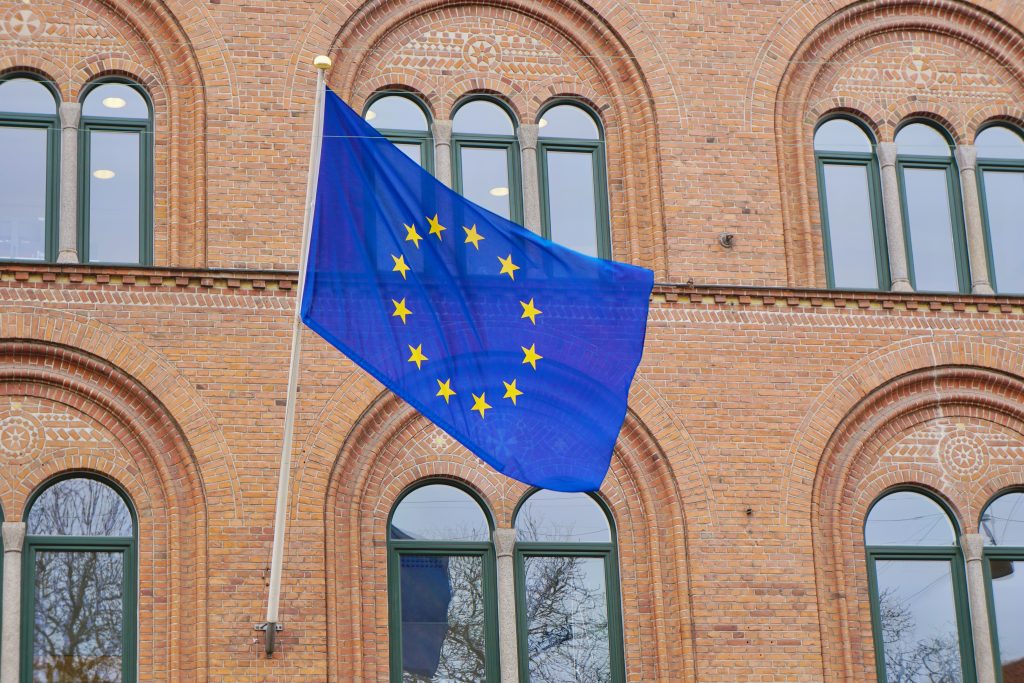The Treaty of Lisbon: Assessment and Prospects

At the beginning of the last decade, the prospect of membership for the countries that had shaken off the Soviet yoke made it necessary to reform the European Union’s institutions and its operational rules. The treaty so laboriously thrashed out at the European Council meeting in Nice in late 2000 having failed to provide any satisfactory response, it proved necessary for the EU to turn its hand to the task once again, while also seeking to respond to the democratic challenges now facing it. The solution was the Convention on the Future of Europe and its blueprint for a “constitutional treaty”. This was subsequently rejected and replaced by the Lisbon Treaty.
Though signed in December 2007, the treaty did not officially come into force until 1 December 2009. It contains some striking innovations, including institutional status for the European Council, an expansion of the European Parliament’s powers, the creation of the offices of Permanent President of the European Council and of High Representative of the Union for Foreign Affairs and Security Policy, the establishment of a European diplomatic service and so forth.
Have these new measures already had an impact on the course of European construction? What impact have they had on the development of the political and institutional balances that underpin negotiations in the heart of what is no longer an institutional “triangle” but a “trapezium”? This study attempts to answer those questions by conducting an enlightening review of the first eighteen months in the Lisbon Treaty’s implementation, and by taking a look at future prospects




